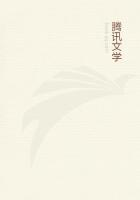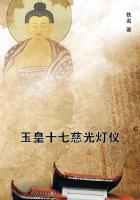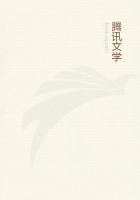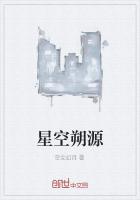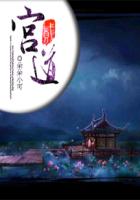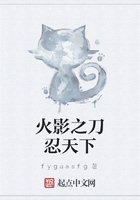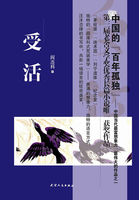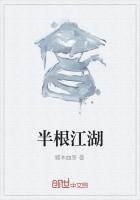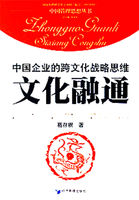There is doubtless as high art displayed in painting a portrait in words, as there is in painting one in colours. To do either well requires the seeing eye and the skilful pen or brush. A common artist sees only the features of a face, and copies them; but the great artist sees the living soul shining through the features, and places it on the canvas. Johnson was once asked to assist the chaplain of a deceased bishop in writing a memoir of his lordship;but when he proceeded to inquire for information, the chaplain could scarcely tell him anything. Hence Johnson was led to observe that "few people who have lived with a man know what to remark about him."In the case of Johnson's own life, it was the seeing eye of Boswell that enabled him to note and treasure up those minute details of habit and conversation in which so much of the interest of biography consists. Boswell, because of his simple love and admiration of his hero, succeeded where probably greater men would have failed. He descended to apparently insignificant, but yet most characteristic, particulars. Thus he apologizes for informing the reader that Johnson, when journeying, "carried in his hand a large English oak-stick:" adding, "I remember Dr. Adam Smith, in his rhetorical lectures at Glasgow, told us he was glad to know that Milton wore latchets in his shoes instead of buckles." Boswell lets us know how Johnson looked, what dress he wore, what was his talk, what were his prejudices. He painted him with all his scars, and a wonderful portrait it is--perhaps the most complete picture of a great man ever limned in words.
But for the accident of the Scotch advocate's intimacy with Johnson, and his devoted admiration of him, the latter would not probably have stood nearly so high in literature as he now does.
It is in the pages of Boswell that Johnson really lives; and but for Boswell, he might have remained little more than a name.
Others there are who have bequeathed great works to posterity, but of whose lives next to nothing is known. What would we not give to have a Boswell's account of Shakspeare? We positively know more of the personal history of Socrates, of Horace, of Cicero, of Augustine, than we do of that of Shakspeare. We do not know what was his religion, what were his politics, what were his experiences, what were his relations to his contemporaries. The men of his own time do not seem to have recognised his greatness;and Ben Jonson, the court poet, whose blank-verse Shakspeare was content to commit to memory and recite as an actor, stood higher in popular estimation. We only know that he was a successful theatrical manager, and that in the prime of life he retired to his native place, where he died, and had the honours of a village funeral. The greater part of the biography which has been constructed respecting him has been the result, not of contemporary observation or of record, but of inference. The best inner biography of the man is to be found in his sonnets.
Men do not always take an accurate measure of their contemporaries. The statesman, the general, the monarch of to-day fills all eyes and ears, though to the next generation he may be as if he had never been. "And who is king to-day?" the painter Greuze would ask of his daughter, during the throes of the first French Revolution, when men, great for the time, were suddenly thrown to the surface, and as suddenly dropt out of sight again, never to reappear. "And who is king to-day? After all," Greuze would add, "Citizen Homer and Citizen Raphael will outlive those great citizens of ours, whose names I have never before heard of."Yet of the personal history of Homer nothing is known, and of Raphael comparatively little. Even Plutarch, who wrote the lives of others: so well, has no biography, none of the eminent Roman writers who were his contemporaries having so much as mentioned his name. And so of Correggio, who delineated the features of others so well, there is not known to exist an authentic portrait.
There have been men who greatly influenced the life of their time, whose reputation has been much greater with posterity than it was with their contemporaries. Of Wickliffe, the patriarch of the Reformation, our knowledge is extremely small.
He was but as a voice crying in the wilderness. We do not really know who was the author of 'The Imitation of Christ'
--a book that has had an immense circulation, and exercised a vast religious influence in all Christian countries. It is usually attributed to Thomas a Kempis but there is reason to believe that he was merely its translator, and the book that is really known to be his, (10) is in all respects so inferior, that it is difficult to believe that 'The Imitation' proceeded from the same pen. It is considered more probable that the real author was John Gerson, Chancellor of the University of Paris, a most learned and devout man, who died in 1429.
Some of the greatest men of genius have had the shortest biographies. Of Plato, one of the great fathers of moral philosophy, we have no personal account. If he had wife and children, we hear nothing of them. About the life of Aristotle there is the greatest diversity of opinion. One says he was a Jew; another, that he only got his information from a Jew: one says he kept an apothecary's shop; another, that he was only the son of a physician: one alleges that he was an atheist; another, that he was a Trinitarian, and so forth. But we know almost as little with respect to many men of comparatively modern times.
Thus, how little do we know of the lives of Spenser, author of 'The Faerie Queen,' and of Butler, the author of 'Hudibras,'
beyond the fact that they lived in comparative obscurity, and died in extreme poverty! How little, comparatively, do we know of the life of Jeremy Taylor, the golden preacher, of whom we should like to have known so much!

